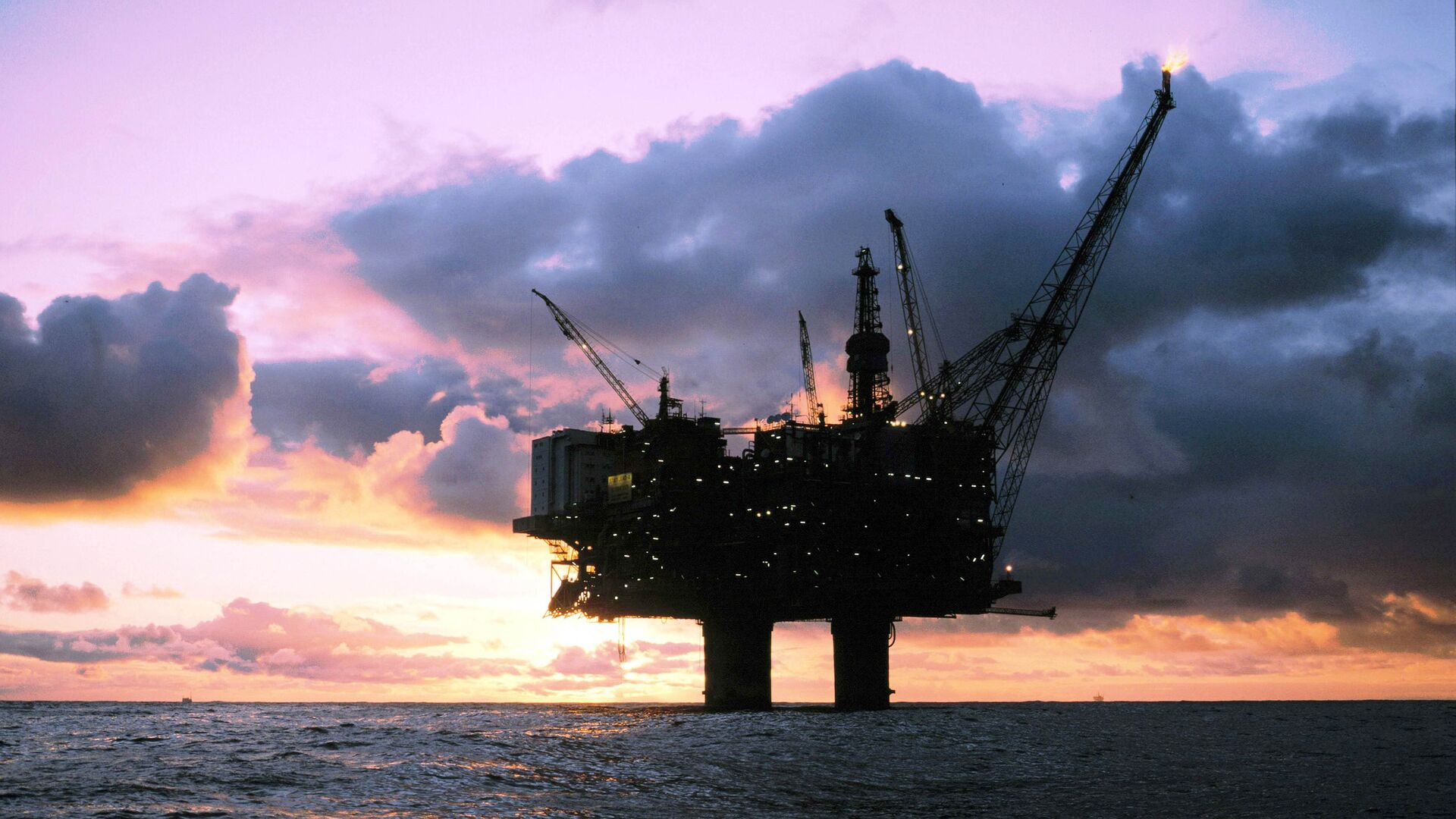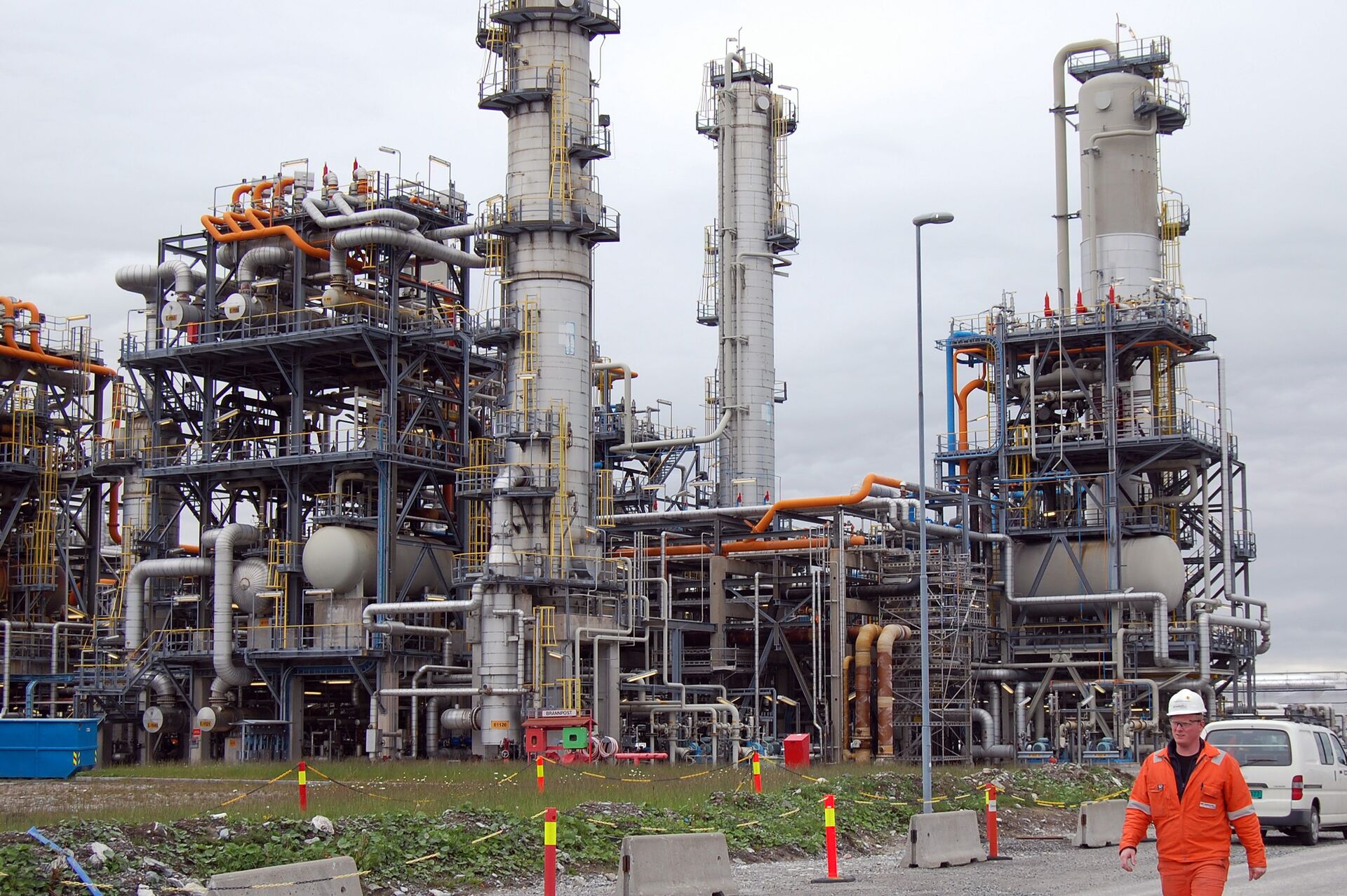Norway Cuts Petroleum Investors' Tax Deduction Amid Booming Oil Prices to Raise $1Bln
10:16 GMT 06.10.2022 (Updated: 14:20 GMT 15.11.2022)

© AFP 2023 / OYVING HAGEN / SCANPIX NORWAY
Subscribe
MOSCOW (Sputnik) - The Norwegian government is proposing to reduce a tax deduction on investments in the oil industry which was introduced in response to the COVID-19 pandemic in order to increase the tax take to 11 billion krone ($1.05 billion), given the current surge in oil and gas prices, it stated in a press release on Thursday.
"The proposal entails that the uplift rate is reduced from 17.69 per cent to 12.4 per cent," the press release specifies.
The uplift rate is an investment-based deduction that applies in addition to standard depreciation when calculating the special petroleum tax, according to corporate taxation website ITR. This is levied at a rate of 71.8% on profits made from investments in the petroleum industry and comes in addition to the standard 22% corporate income tax.
The economic downturn induced by the COVID-19 pandemic saw oil and gas prices crash in 2020, threatening the viability of investments in fossil fuels. To keep projects profitable, the Norwegian parliament enacted a temporary uplift rate of 17.69% in June 2020.
However, the business climate has drastically altered since then, prompting talk throughout Europe of taxing the excess profits of the oil and gas industry.
"Many of the investment projects covered by the rules have matured since the temporary rules were adopted," Norwegian Minister of Finance Trygve Slagsvold Vedum said, as quoted in the press release.

A worker is pictured on May 29, 2009 at the Mongstad oil refinery in western Norway, the most polluting of the country. The refinery chimneys belch out 1,7 million tonnes of carbon dioxide into the air per year, yet with the new pilot system of channeling the carbon dioxide, set for 2011, it may greatly contribute to the fight against global warming.
© AFP 2023 / PIERRE-HENRY DESHAYES
The proposed change to the uplift rate will apply for expenses incurred from January 1, 2023. The government argues that this will not render previously profitable projects unviable.
It estimates this move will increase tax revenues by 2 billion krone in 2023, and should raise 11 billion krone over its lifetime. The money is earmarked for the Government Pension Fund and will not be added to the 2023 national budget.
Norway's tax revenues from petroleum activities totaled 536.8 billion krone in 2022, official information portal Norwegian Petroleum states.



